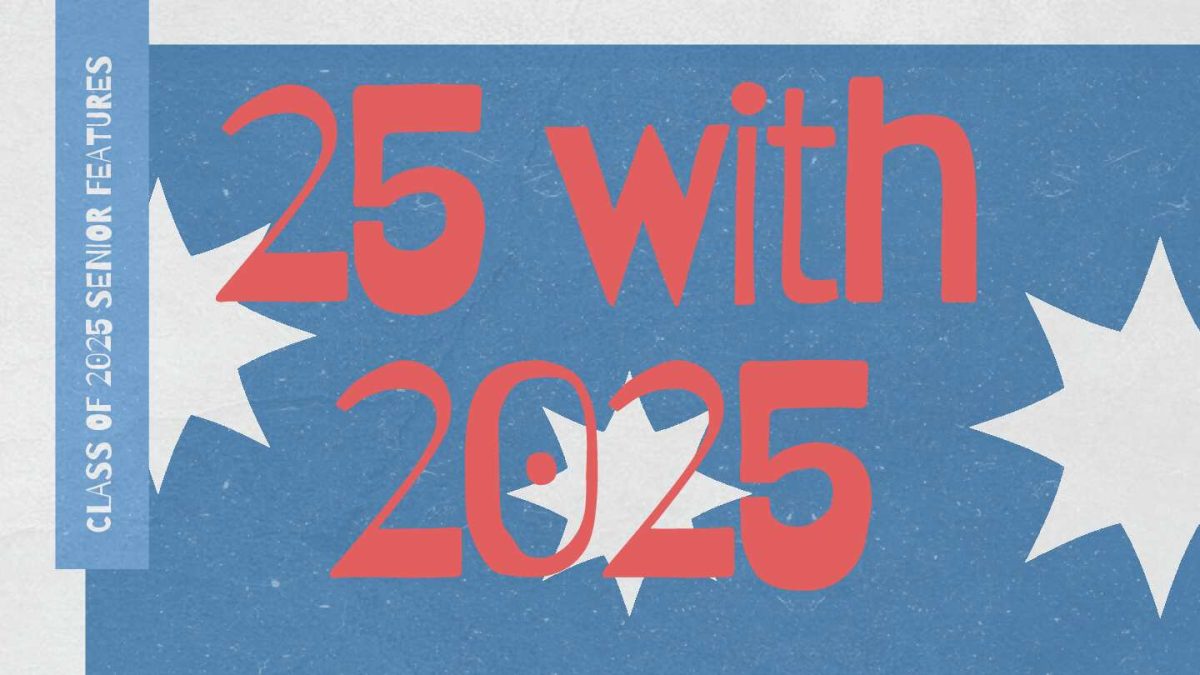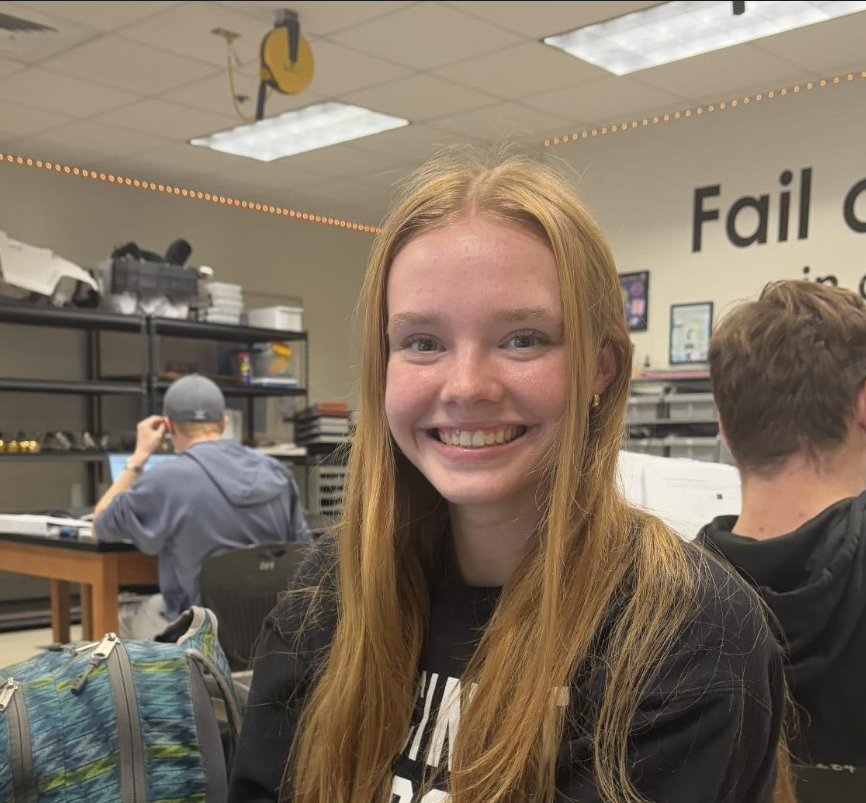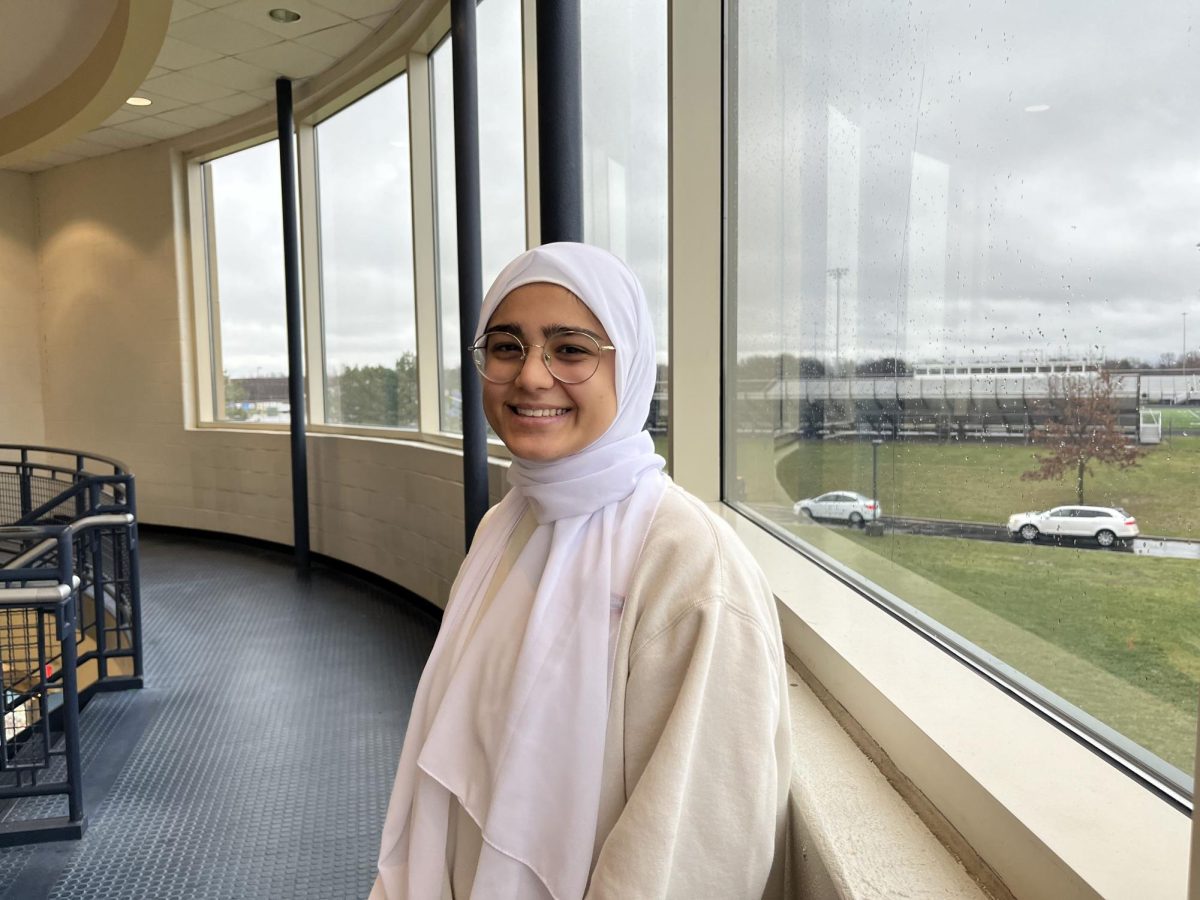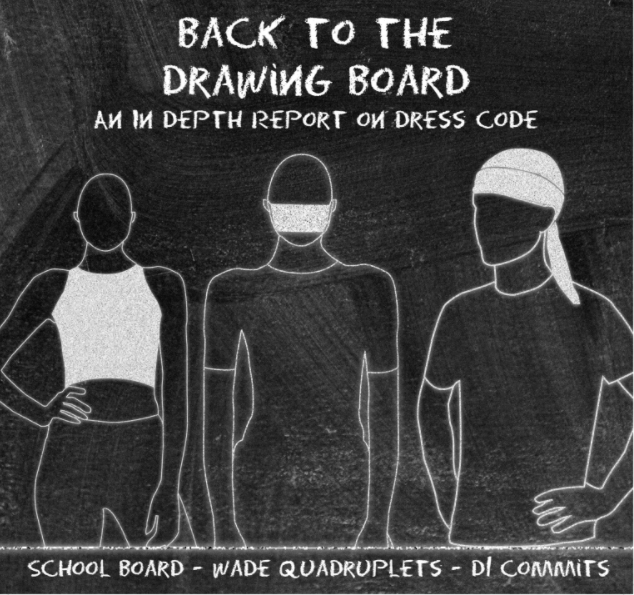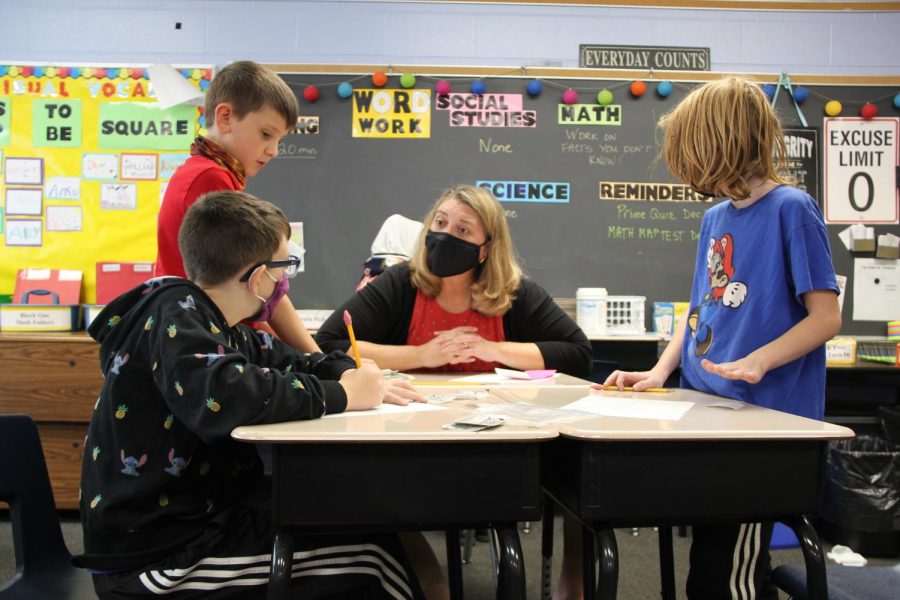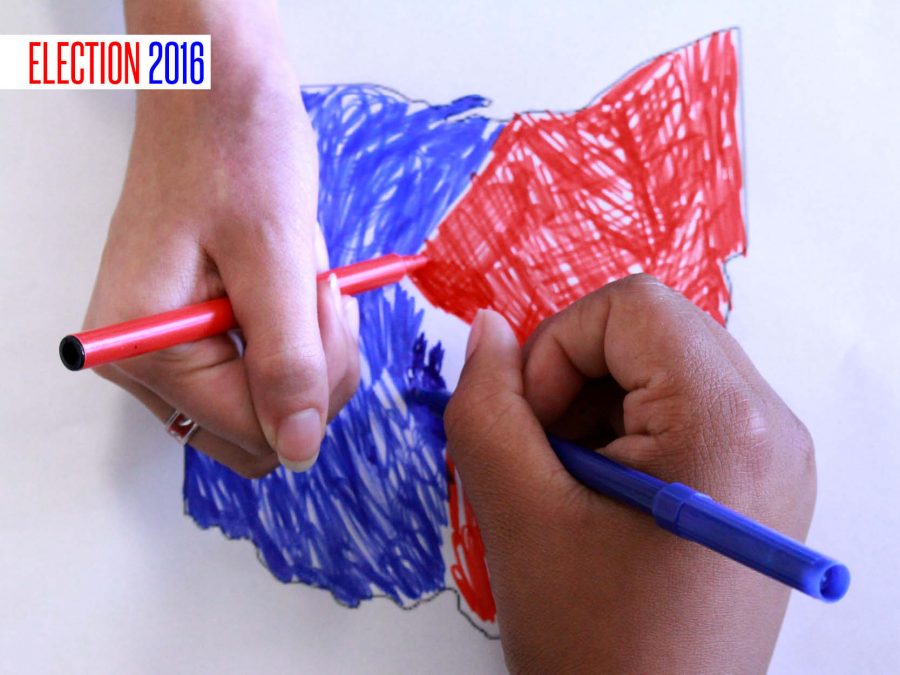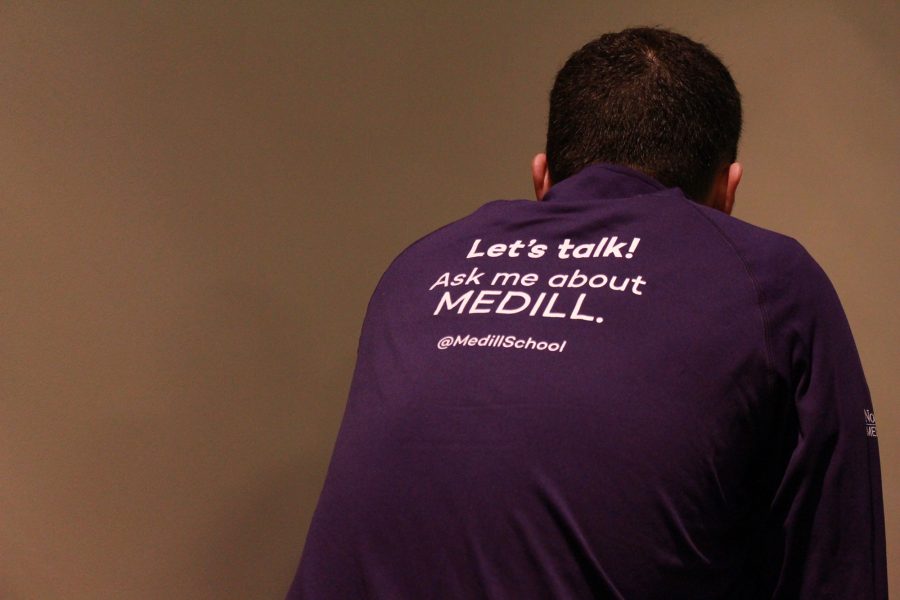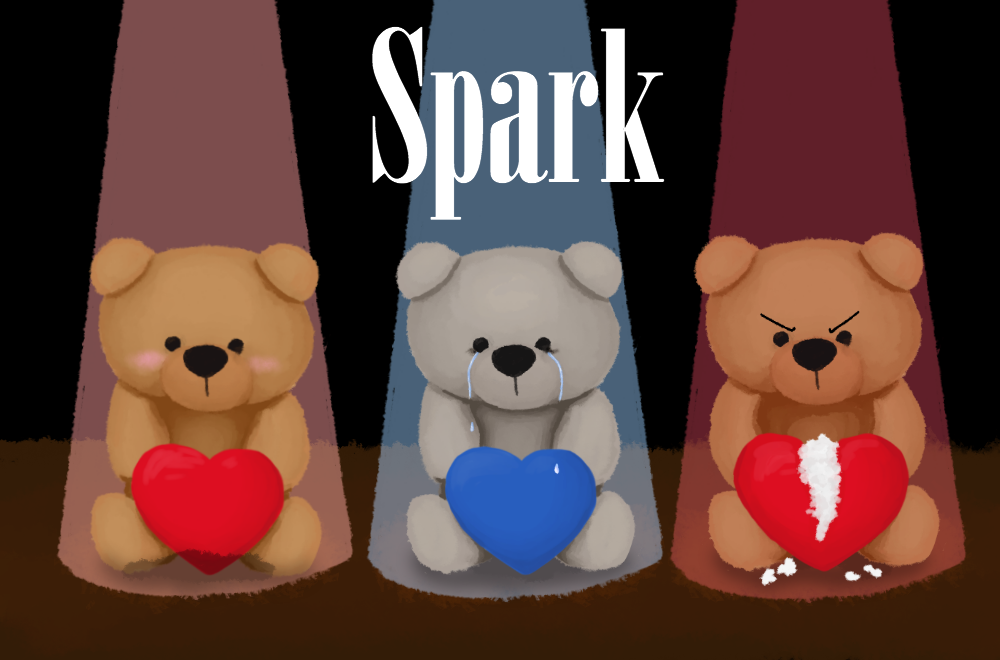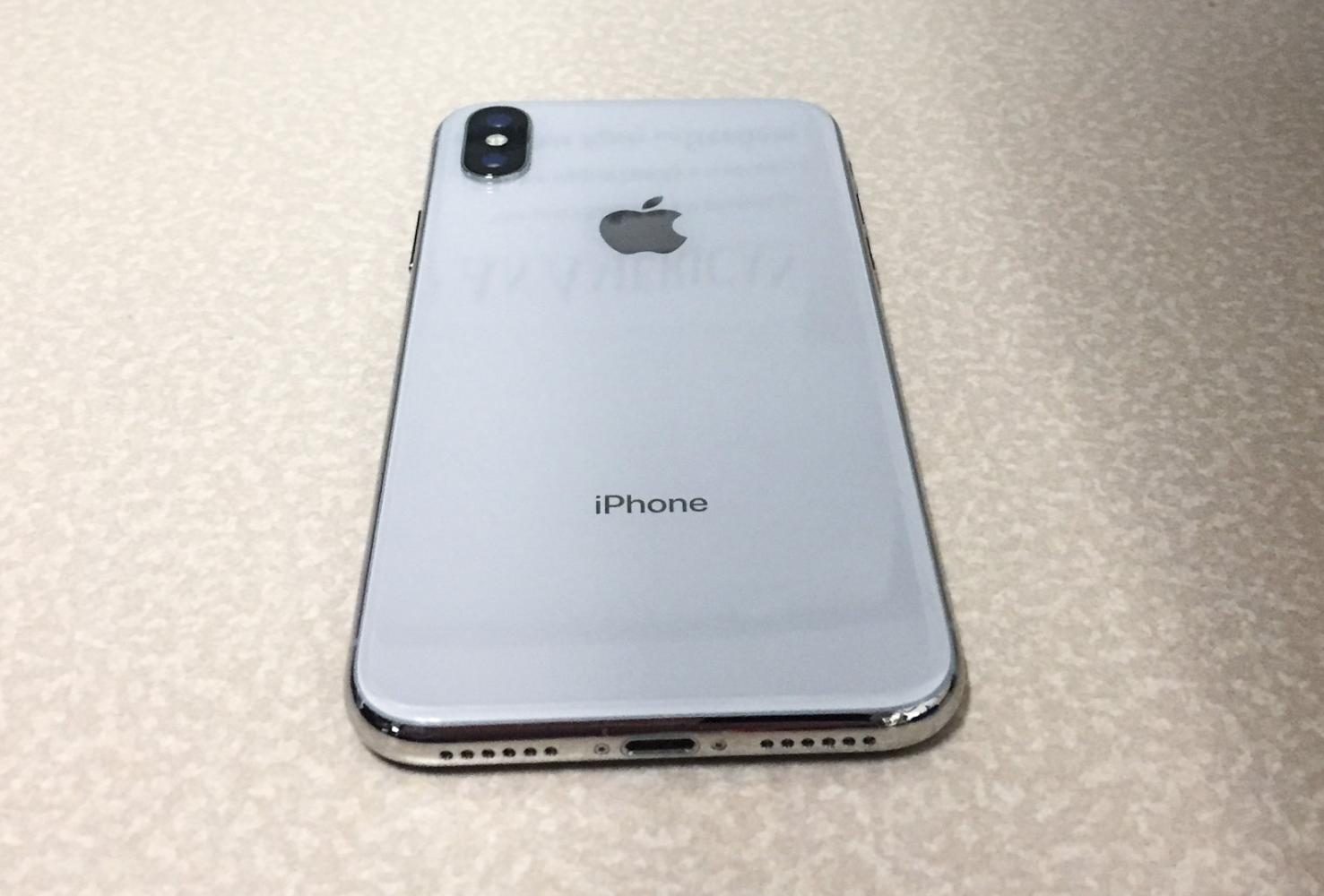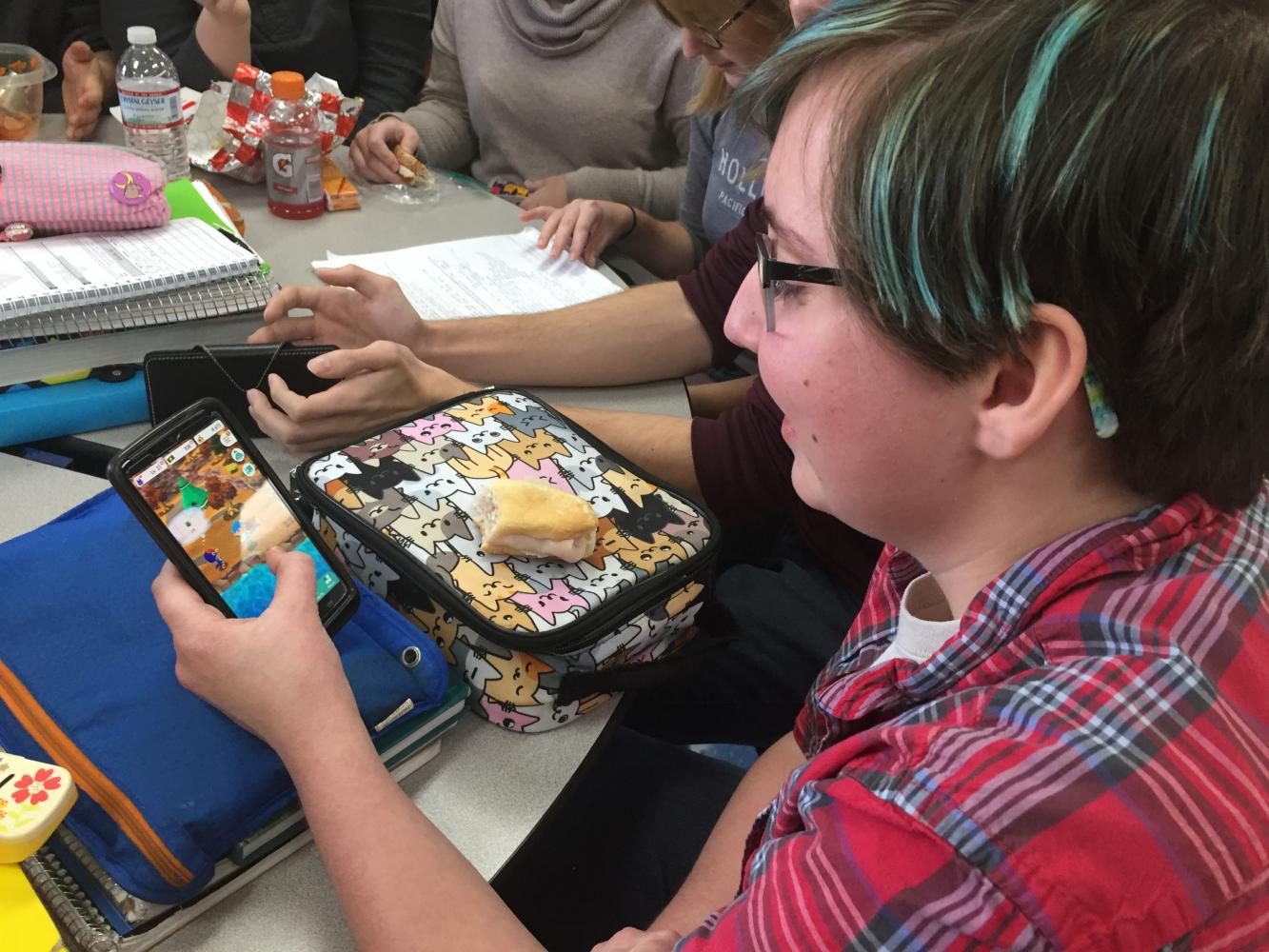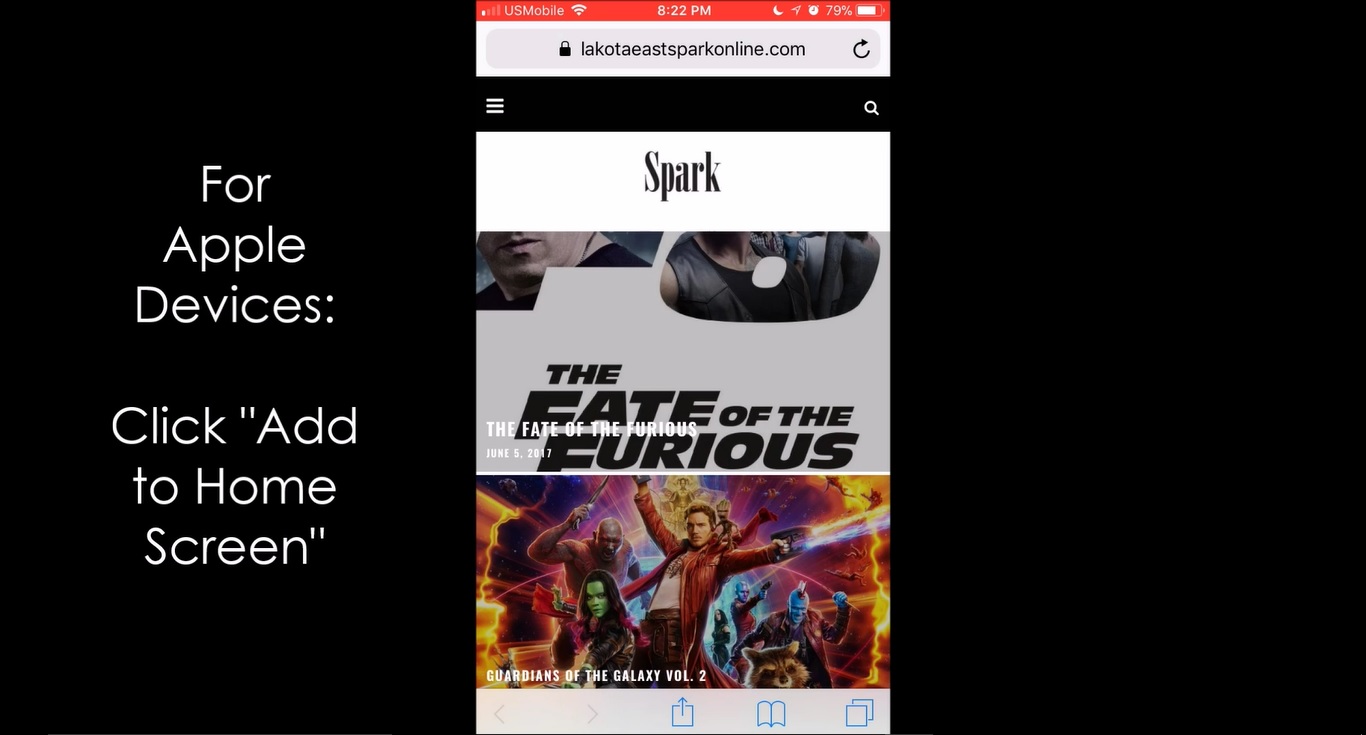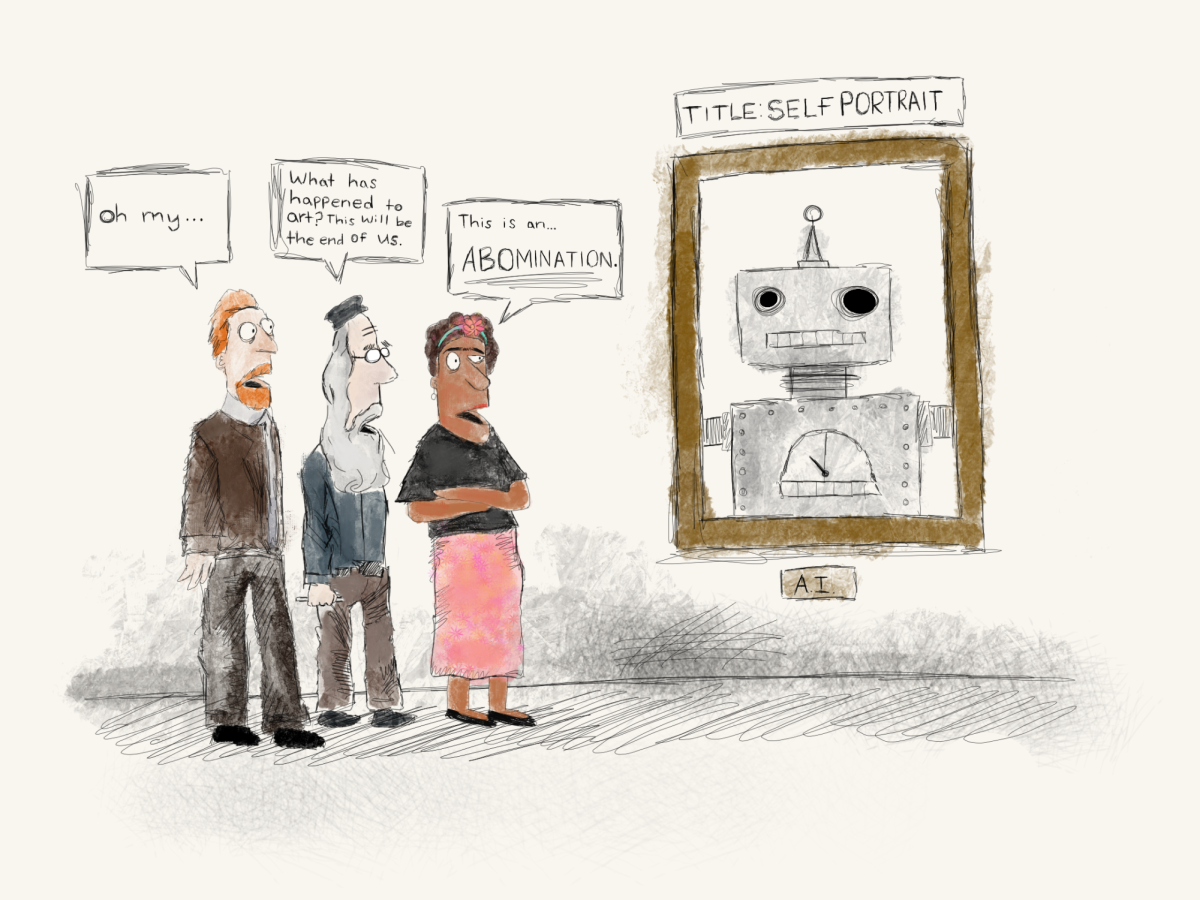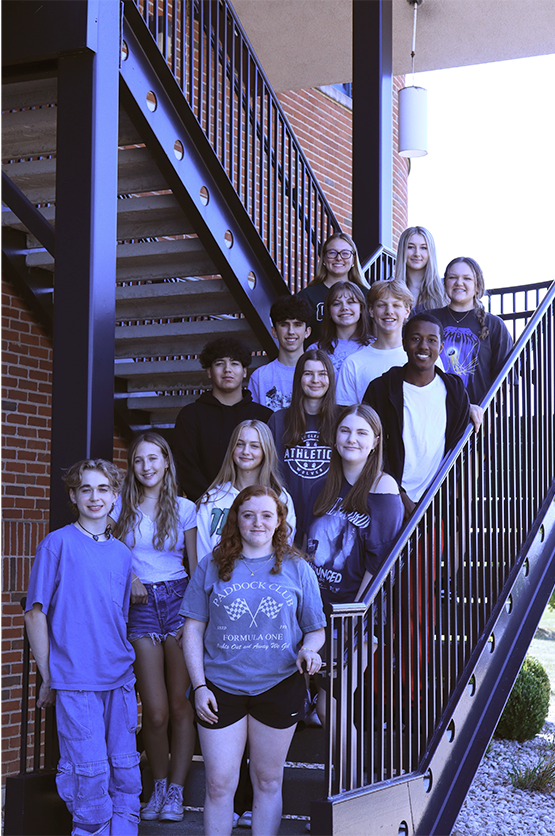Chat GPT, Grammarly, Snapchat AI, Quizlet AI, Photomath: the artificial intelligence (AI) programs accessible to students seem endless. When provided with all of these quickly-developing new technologies, the question of ethics comes into play.
In the constantly changing world of technology, AI is developing quickly. Some schools are welcoming AI while some are viewing it as an avenue for students to cheat. East has a new class as of the 2024-25 school year named Intro to Artificial Intelligence, and the students in this class have access to the AI program Microsoft Copilot.
AI is a tool that students can use for studying. Reviewing for a test can be made much easier by typing in a question to Chat GPT or another program and getting a quick answer. AI is able to correct and point students in the right direction when they are wrong and further their knowledge with more information when they are right.
Especially recently, students are finding it harder and harder to study. According to a survey of 1,000 students by Grand Canyon University, 50.5% of students study zero to two hours per day. However, according to Nova Southeastern University, students should be studying five to six hours per day in order to truly understand the topic. There is a large disparity between how much students should be studying and how much the majority of students actually study.
Part of this is due to the fact that many students do not know what study method works best for them. AI, when used for studying, is just another method for students to experiment and try to figure out how they learn. Like other methods of studying, it is a self-driven process. However, AI is intuitive and can fit a wider range of study styles. Studying is often more difficult when students do not understand the information that they are studying. When students are at home alone and there is no fast way to contact a teacher, AI is a free and easy tutor that has all the information students could need to study.
However, studying and writing are two completely different skills. There is nothing wrong with using AI as a study tool, but when it comes to essays, using AI is not ethical because writing it should come from a student’s own thoughts and ideas. The writing process often requires students to input their own ideas and style, while studying has more to do with memorization and understanding a topic that is already set. Writing is a much more subjective process.
According to the National Center of Education, students benefit from process writing, which includes pre-writing, brainstorming, making an outline, researching a topic, writing multiple drafts, and more. In a study of 11,000 students in eighth grade from 1,500 public and private schools across the US, the students who were asked to pre-write had an average score of 270 out of 500 on a writing assessment, while students who were not asked to pre-write had an average score of 248.
This part of the writing process is what makes it so different from studying. When students are using AI to develop their essays or other forms of writing, it takes away the individuality in their writing and deprives them of the learning process that writing truly is.
AI has also been used for a much longer time in math classes. The AI program Photomath, which was created in 2014, provides a very easy way for students to cheat by taking a picture of a math problem and quickly receiving an answer. While the process to solve the math problem is also provided, it is very easy to just copy down the answer and not try to work backwards to solve it.
Because of the way that AI provides a very easy avenue for students to cheat, the positives of AI do not outweigh the negatives. Driven students will use AI to supplement their own learning, but the access to AI will ultimately lead students who are less driven to cheat. It is more important for students to prioritize their learning than for them to use AI to supplement or replace their own work. Students should use AI as a tool to further their learning instead of completely relying on AI.







